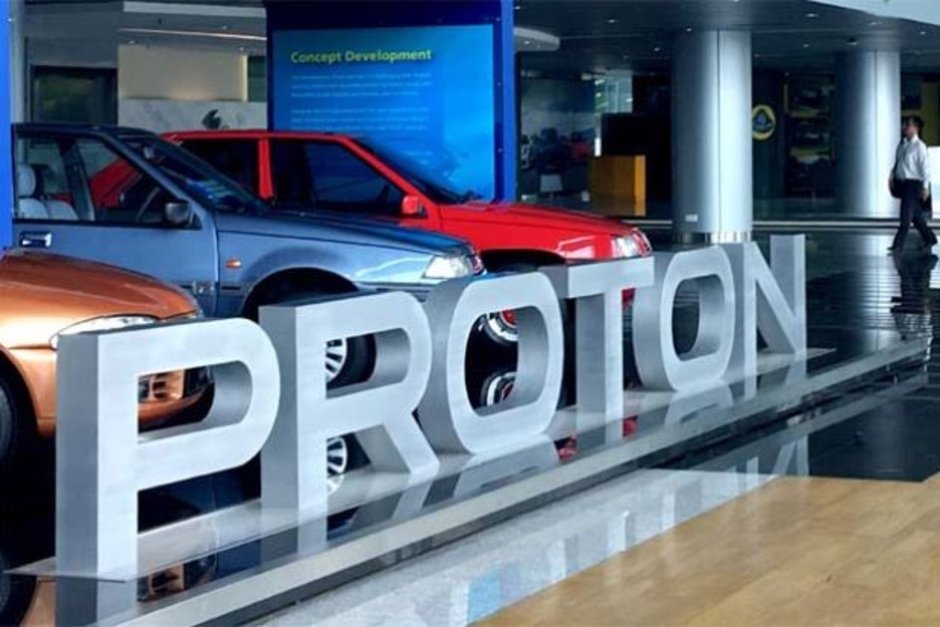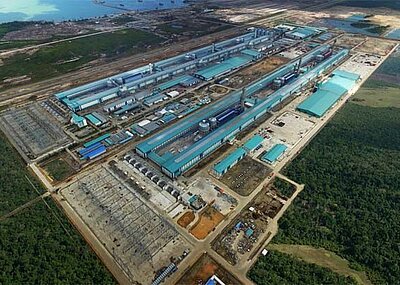All eyes will be on Proton Holdings Bhd as the national car company plots its return to the top with Chinese strategic partner Zhejiang Geely Holding Group Co Ltd in the driving seat.
PETALING JAYA: The year 2018 is shaping up to be an exciting one for the car industry as global manufacturers rev up their operations in Malaysia to capture bigger slices of a growing market.
Towards this end, automotive industry executives are expecting further consolidation in the industry.
“There will be more corporate exercises to consolidate the assembly segment of the automotive industry. This is to bring down the cost further,” said an executive.
All eyes will be on Proton Holdings Bhd as the national car company plots its return to the top with Chinese strategic partner Zhejiang Geely Holding Group Co Ltd in the driving seat.
But despite losing the bid for Proton, it is believed that PSA has not given up on its ambition to sell more cars to the region’s burgeoning middle class.
PSA, the maker of Peugeot, DS and Citroen cars, is seeking to revive slumping sales in China and South-East Asia this year after a sharp decline in 2017.
The company had recently appointed a new head for its Asian operations and announced that a joint venture in Vietnam had begun producing Peugeot SUVs targeting the domestic market.
Malaysia, however, remains the biggest market for the European brands in the region, with Naza Group the sole distributor of Peugeot and Citroen cars in country.
The group has an assembly plant in Gurun, Kedah that produces Peugeot and Kia cars.
PSA’s plans to boost sales across the region could benefit Naza’s plant as it would improve utilisation rate and bring down cost. Naza’s plant has the capacity to produce 50,000 units a year
Naza aimed to sell 1,800 units of Peugeot cars in 2017, a modest target compared with the total industry volume of 590,000 cars.
“We expect a mild recovery in the sector going forward, supported by improve consumer sentiment and the launch of new models,” Public Investment Bank said in a strategy report.
The Malaysian Automotive Association is projecting new car sales in 2018 to grow to 619,000.
Malaysia is the third largest automotive market in the region, behind leaders Indonesia and Thailand.
The new car market in the Asean region was estimated at three million units a year with Japanese brands dominating the market.
Geely’s substantial stake in Proton provides the Chinese carmaker with a springboard into the Asean car market.
The immediate priority for the group, however, is to win back its lost market share at home.
Despite several new offerings in 2017, Proton had struggled to break the 70,000 units mark, while sales at Daihatsu Motor Company backed rival brand Perodua topped 200,000 units.
Honda stood at number two with an estimated 100,000 cars sold in 2017.
Analysts said 2018 would be a watershed year for Proton.
A big part of the deal with Geely involved the rights for Proton to use the Chinese firm’s best selling model – the Boyue sports utility vehicle (SUV) to penetrate the regional market.
The Chinese firm says it plans to use Proton’s huge, but massively under-utilised car plant in Tanjung Malim, Perak as a manufacturing hub for right-hand drive market in South-East Asia.
The new Proton SUV, based on the Boyue, is expected to be rolled out from the factory later this year with an eye for the Asean market.
The Proton factory in Tanjung Malim has a capacity to produce a million cars a year.
A total of 3.16 million new motor vehicles were sold in Asean countries in 2016 and the figure is likely to grow by at least 5% in 2017. Steady economic growth is expected to sustain strong demand for new cars across the region in 2018.
This is good news for Proton and its partner Geely, but expect other big manufacturers not to give up their market shares so easily.
Source: thestar.com.my
×



